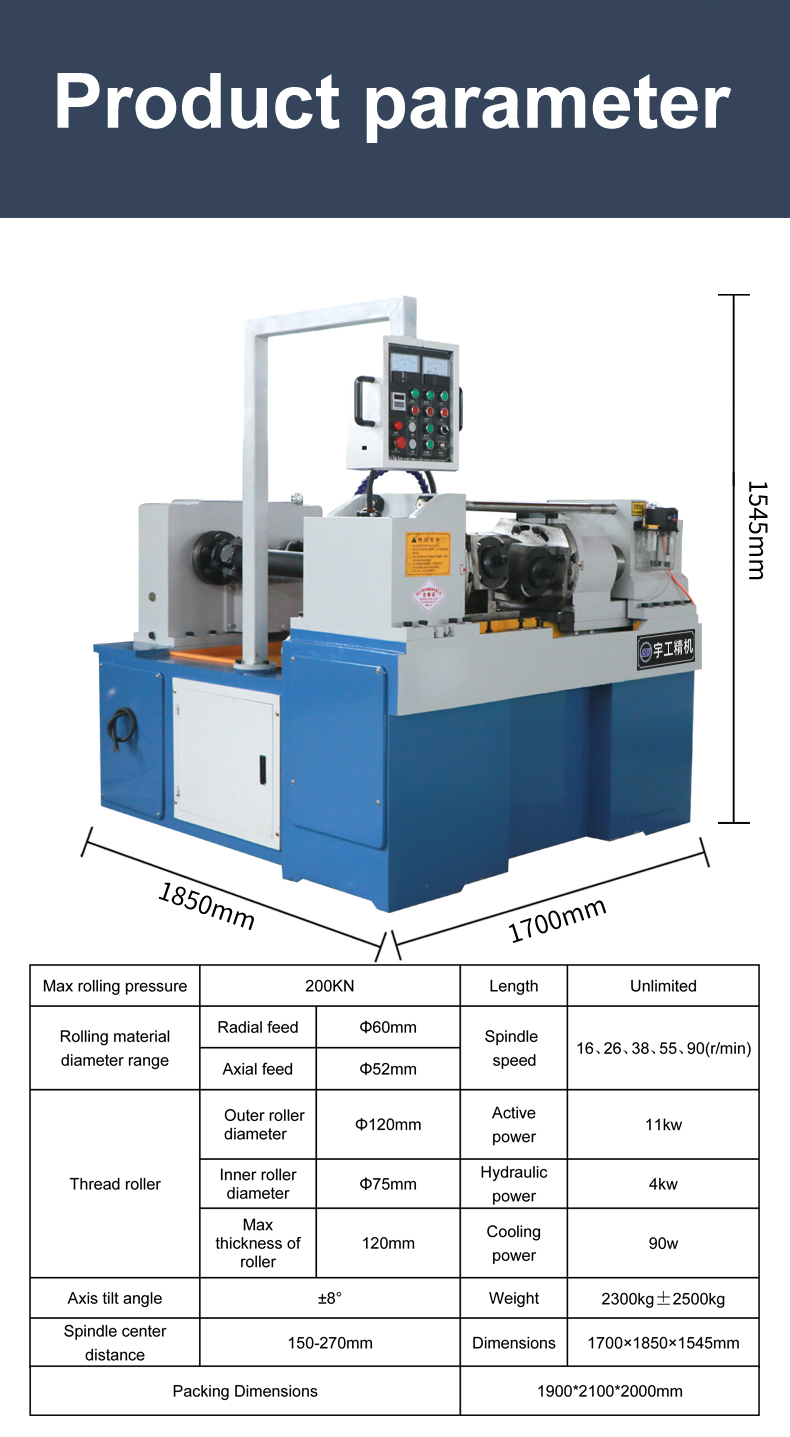
-
 Afrikaans
Afrikaans -
 Albanian
Albanian -
 Amharic
Amharic -
 Arabic
Arabic -
 Armenian
Armenian -
 Azerbaijani
Azerbaijani -
 Basque
Basque -
 Belarusian
Belarusian -
 Bengali
Bengali -
 Bosnian
Bosnian -
 Bulgarian
Bulgarian -
 Catalan
Catalan -
 Cebuano
Cebuano -
 Corsican
Corsican -
 Croatian
Croatian -
 Czech
Czech -
 Danish
Danish -
 Dutch
Dutch -
 English
English -
 Esperanto
Esperanto -
 Estonian
Estonian -
 Finnish
Finnish -
 French
French -
 Frisian
Frisian -
 Galician
Galician -
 Georgian
Georgian -
 German
German -
 Greek
Greek -
 Gujarati
Gujarati -
 Haitian Creole
Haitian Creole -
 hausa
hausa -
 hawaiian
hawaiian -
 Hebrew
Hebrew -
 Hindi
Hindi -
 Miao
Miao -
 Hungarian
Hungarian -
 Icelandic
Icelandic -
 igbo
igbo -
 Indonesian
Indonesian -
 irish
irish -
 Italian
Italian -
 Japanese
Japanese -
 Javanese
Javanese -
 Kannada
Kannada -
 kazakh
kazakh -
 Khmer
Khmer -
 Rwandese
Rwandese -
 Korean
Korean -
 Kurdish
Kurdish -
 Kyrgyz
Kyrgyz -
 Lao
Lao -
 Latin
Latin -
 Latvian
Latvian -
 Lithuanian
Lithuanian -
 Luxembourgish
Luxembourgish -
 Macedonian
Macedonian -
 Malgashi
Malgashi -
 Malay
Malay -
 Malayalam
Malayalam -
 Maltese
Maltese -
 Maori
Maori -
 Marathi
Marathi -
 Mongolian
Mongolian -
 Myanmar
Myanmar -
 Nepali
Nepali -
 Norwegian
Norwegian -
 Norwegian
Norwegian -
 Occitan
Occitan -
 Pashto
Pashto -
 Persian
Persian -
 Polish
Polish -
 Portuguese
Portuguese -
 Punjabi
Punjabi -
 Romanian
Romanian -
 Russian
Russian -
 Samoan
Samoan -
 Scottish Gaelic
Scottish Gaelic -
 Serbian
Serbian -
 Sesotho
Sesotho -
 Shona
Shona -
 Sindhi
Sindhi -
 Sinhala
Sinhala -
 Slovak
Slovak -
 Slovenian
Slovenian -
 Somali
Somali -
 Spanish
Spanish -
 Sundanese
Sundanese -
 Swahili
Swahili -
 Swedish
Swedish -
 Tagalog
Tagalog -
 Tajik
Tajik -
 Tamil
Tamil -
 Tatar
Tatar -
 Telugu
Telugu -
 Thai
Thai -
 Turkish
Turkish -
 Turkmen
Turkmen -
 Ukrainian
Ukrainian -
 Urdu
Urdu -
 Uighur
Uighur -
 Uzbek
Uzbek -
 Vietnamese
Vietnamese -
 Welsh
Welsh -
 Bantu
Bantu -
 Yiddish
Yiddish -
 Yoruba
Yoruba -
 Zulu
Zulu
Exploring Various Types of Thread Rolling Machines for Efficient Manufacturing Processes
Types of Thread Rolling Machines An Overview
Thread rolling is a widely used cold-forming process that creates threads on metal workpieces by deforming the material through the application of pressure. This method is preferred in many manufacturing scenarios due to its ability to produce superior thread quality, improved mechanical properties, and reduced material waste compared to traditional cutting methods. To achieve these results, various types of thread rolling machines are employed, each designed for specific applications and thread profiles. In this article, we will explore the different types of thread rolling machines, their features, and their applications.
1. Flat Die Thread Rolling Machines
Flat die thread rolling machines are one of the most common types of machines used in the industry. They utilize two flat dies that are positioned parallel to each other. The workpiece is fed between the dies, and as the dies rotate, they exert pressure that causes the material to flow into the desired thread profile. This type of machine is particularly effective for rolling external threads on cylindrical parts such as bolts and screws. Flat die machines are favored for their high precision, versatility, and ability to handle a wide range of thread sizes and pitch.
2. Circular Die Thread Rolling Machines
Circular die thread rolling machines employ a different mechanism, utilizing a pair of circular dies. These machines are ideal for producing both external and internal threads, making them more versatile than their flat die counterparts. The workpieces are typically rotated between the two rotating dies, which compress the material to form threads. Circular die machines are particularly beneficial for applications that require multiple thread profiles, as they can easily be adjusted to accommodate different thread sizes and pitches.
3. Three-Roller Thread Rolling Machines
types of thread rolling machine

Three-roller thread rolling machines function through the use of three rollers that are strategically positioned around the workpiece. Unlike the two-die configurations, these machines provide improved consistency and control over the thread rolling process. The three-roller design allows for a more uniform application of pressure, resulting in higher-quality threads with reduced chances of defects. This type of machine is particularly useful for rolling threads on large or complex components that may be challenging to process with traditional die machines.
4. Ram-Type Thread Rolling Machines
Ram-type thread rolling machines are specialized for high-volume production of large batches of parts. These machines utilize a ram mechanism to exert pressure on the workpiece, which allows for rapid processing and efficient production rates. Ram-type machines are capable of producing high-strength threads and are particularly suited for industries like automotive and aerospace, where robust and reliable threaded components are essential.
5. CNC Thread Rolling Machines
With the rise of automation in manufacturing, CNC (Computer Numerical Control) thread rolling machines have emerged as a game-changer in the industry. These machines are equipped with advanced computer systems that allow for precise control over the rolling process. Operators can program various parameters, including thread profile, pitch, and speed, resulting in increased efficiency and reduced setup times. CNC machines are particularly advantageous for small to medium-sized production runs and custom thread designs, making them ideal for manufacturers looking to meet specific customer requirements.
Conclusion
In summary, thread rolling machines play a crucial role in the manufacturing of threaded components, offering a range of options suited to different applications and production volumes. From flat and circular die machines to advanced CNC systems, each type has its unique advantages and capabilities. By understanding the various types of thread rolling machines available, manufacturers can select the right equipment to optimize their production processes, enhance product quality, and remain competitive in today's fast-paced industrial landscape.
